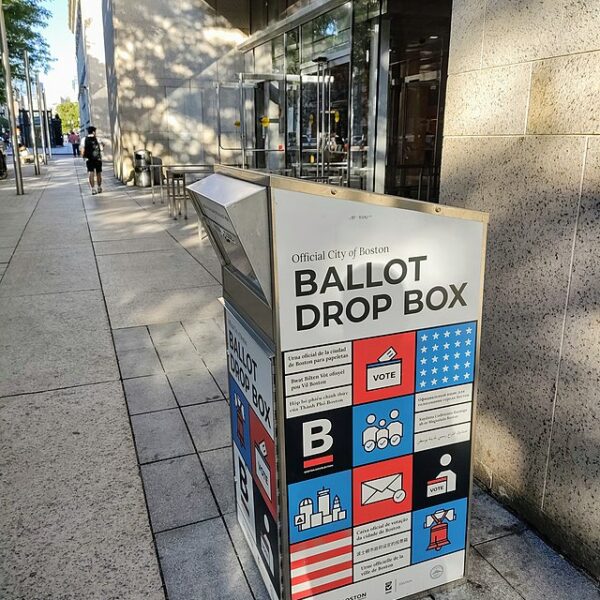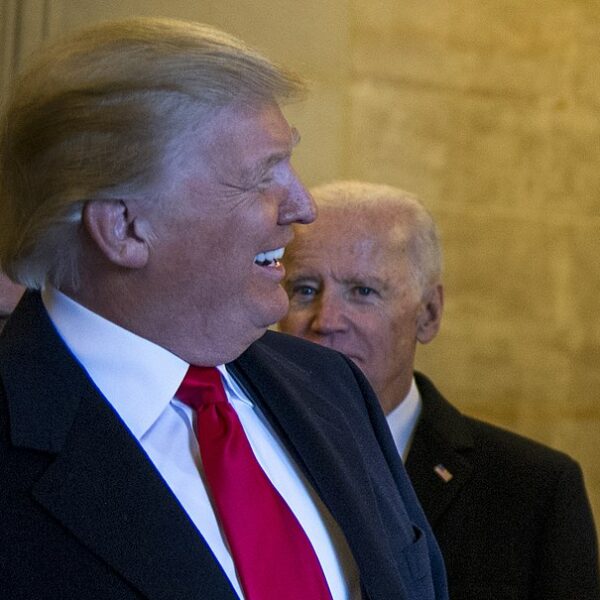
Republican Senator Rand Paul has strongly rejected the idea of using military forces for mass deportations of undocumented immigrants, a proposal floated by President-elect Donald Trump. Paul deemed such an action unconstitutional and a troubling precedent, raising concerns about its legality and the potential societal impact.
During a CBS Face the Nation interview, Paul underscored the legal constraints against deploying the military for domestic law enforcement, citing the Posse Comitatus Act, a law that forbids such use unless explicitly authorized by Congress. He argued that employing military forces in this way would violate constitutional protections against unreasonable searches and seizures under the Fourth Amendment. Paul painted a stark picture, warning of the public backlash if heavily armed troops patrolled city streets, asserting, “You don’t do it with the Army because it’s illegal.”
Sen. Rand Paul (R-KY) says he supports President-elect Donald Trump’s plan for mass deportations, but not his suggestion of using the military for it, “because it’s illegal.”
“We’ve had a distrust of putting the army into our streets,” he says, calling for deportations “through… pic.twitter.com/WUms7FSu66
— Face The Nation (@FaceTheNation) November 24, 2024
Reuters writes that A 19th century U.S. law prohibits federal troops from being used in domestic law enforcement except when authorized by Congress.
Paul, at times a maverick within his party, noted that he supports the idea of deporting people living in the United States illegally who have criminal records, but said that law enforcement authorities are better equipped than the military to carry out that role and to heed the U.S. Constitution’s Fourth Amendment prohibition on unreasonable searches and seizures. There is a “distrust of putting the Army into our streets” among Americans, Paul said.
Asked if this is a red line for him and whether it would impact his Senate vote to confirm Trump’s pick of South Dakota Governor Kristi Noem to run the Department of Homeland Security, Paul said, “I will not support and will not vote to use the military in our cities.”
Paul said agents from the FBI, U.S. Immigration and Customs Enforcement and the U.S. Customs and Border Protection agency could carry out these deportations. The senator also questioned the use of the National Guard for deportations, saying it is “less clear” whether it would be legal or illegal to use these forces. The National Guard is a part of the U.S. military that answers to both the president and to state governors.
Trump has described his immigration plan as the most extensive deportation initiative in U.S. history, proposing to invoke emergency powers to use military assets.
“President Trump will marshal every federal and state power necessary to institute the largest deportation operation of illegal criminals, drug dealers and human traffickers in American history while simultaneously lowering costs for families,” Karoline Leavitt, a spokesperson for the Trump transition, said in a statement on Sunday.
The Hill reported that “immigration advocates are bracing for swift executive action on immigration from the incoming administration, but questions remain about the potential legal, logistical and budgetary limitations of plans to carry out mass deportations.
The Department of Defense, through the National Guard, has been actively supporting border security missions for years.
That support is generally limited to background logistics, including communications and transportation, freeing up more Border Patrol and Customs and Border Protection officers to directly engage with migrants.”
Paul’s opposition signals potential challenges for the Trump administration, especially as it seeks Senate confirmation for key appointments. The senator explicitly linked his disapproval of military involvement to his likely opposition to confirming Kristi Noem, the nominee for Secretary of Homeland Security. He pledged not to support measures enabling military deportations, reinforcing his broader criticism of executive overreach.
As Trump’s inauguration approaches, the nation is preparing for a high-stakes confrontation over immigration enforcement and executive power. Several major cities have announced they will fight Trump’s plan to deport illegal aliens, including Denver, which recently saw its mayor announce he will use police to undermine federal authorities and threatened to have a “Tiananmen Square” moment.
[Read More: America Gives Trump High Marks On Transition]











